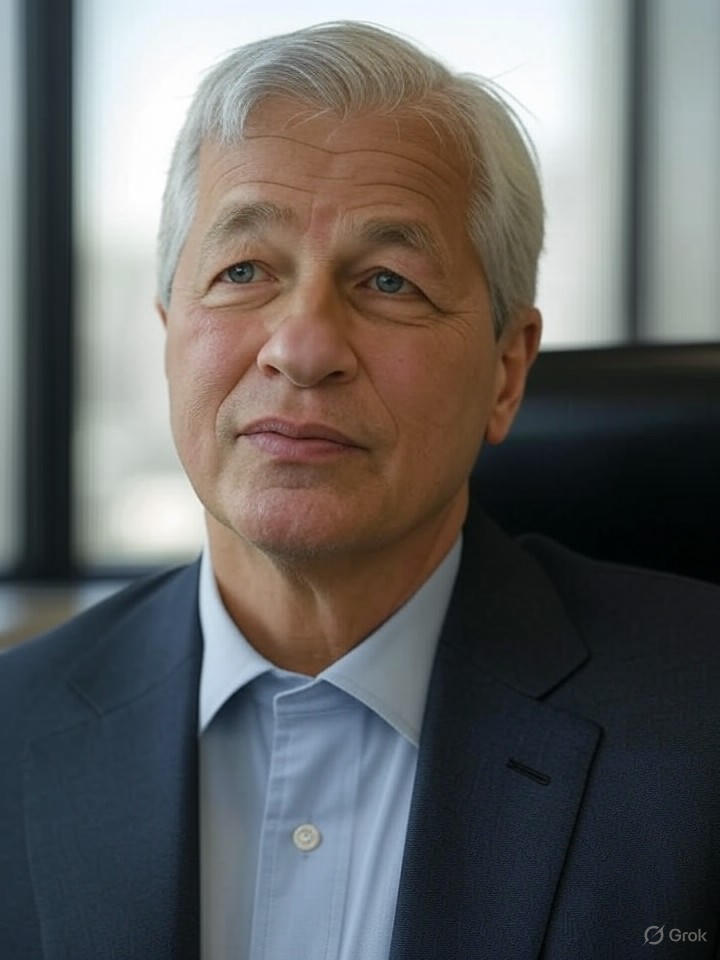JPMorgan Chase CEO Jamie Dimon offers a profound perspective on artificial intelligence, likening its potential impact to epoch-making inventions such as the printing press and electricity. He champions AI as an extraordinary transformative force, poised to redefine productivity levels and reshape the global workforce landscape, a key aspect of AI Transformation.
Drawing parallels from history, Dimon emphasizes that technological progress, exemplified by agricultural advancements that drastically reduced farm labor while vastly increasing output, inevitably involves both job displacement and the creation of new roles. This historical lens underscores his belief that AI will drive efficiency across diverse industries, leading to significant productivity innovation.
Dimon predicts an accelerated rollout for AI compared to previous innovations like the internet, largely due to its lack of dependence on extensive physical infrastructure. This swift adoption is expected to usher in substantial productivity gains, although precisely quantifying its economic impact, much like with the internet, remains a complex challenge for economists studying the economic impact AI.
While acknowledging AI’s capacity to enhance virtually every job function, from sophisticated research to routine daily operations, Dimon also issues a caution. He suggests that initial investments in essential AI infrastructure, data centers, and the technology itself might delay the visible surge in productivity. Nevertheless, he views AI as a persistent catalyst for improvement, acting as a “cosmological constant” for progress, vital for understanding digital workplace trends.
Acknowledging the critical risk of short-term job displacement, Dimon stresses the urgent necessity for robust collaboration between governments and businesses. He advocates for proactive measures such as comprehensive retraining programs, reskilling initiatives, employee relocation, and income assistance to mitigate the disruptions posed by this rapid technological shift, highlighting the importance of workforce adaptation.
Countering widespread fears about AI’s potential for misuse, Dimon maintains a stance of cautious optimism. He points to the historical precedent of tools like planes and cars being misused without impeding their broader societal benefits. Instead, he envisions AI as a catalyst for groundbreaking discoveries, from inventing new materials to aiding in disease cures, ultimately benefiting humanity and marking a new era in AI technological innovation.
In terms of corporate strategy, Dimon notes that while economic downturns may hasten efficiency drives, the pursuit of productivity enhancements is a continuous endeavor for most CEOs. He lauds American businesses for their exceptional efficiency, citing agriculture’s ongoing improvements as a prime example, suggesting that AI will be seamlessly integrated into these existing continuous improvement cycles.
Ultimately, the insights from Jamie Dimon AI converge on a powerful message: AI represents an unstoppable force destined for significant societal good, provided humanity demonstrates a swift and adaptable response. By synthesizing historical wisdom with forward-looking strategic thinking, Dimon offers a compelling roadmap for navigating this profound technological transition, urging all stakeholders to embrace the change while prioritizing the safeguarding and empowerment of the workforce.






Leave a Reply